Ahead of International Women’s Day, Islamic Relief’s head of global advocacy, Shahin Ashraf, examines the gender gap – and our bold new initiative to help close it.
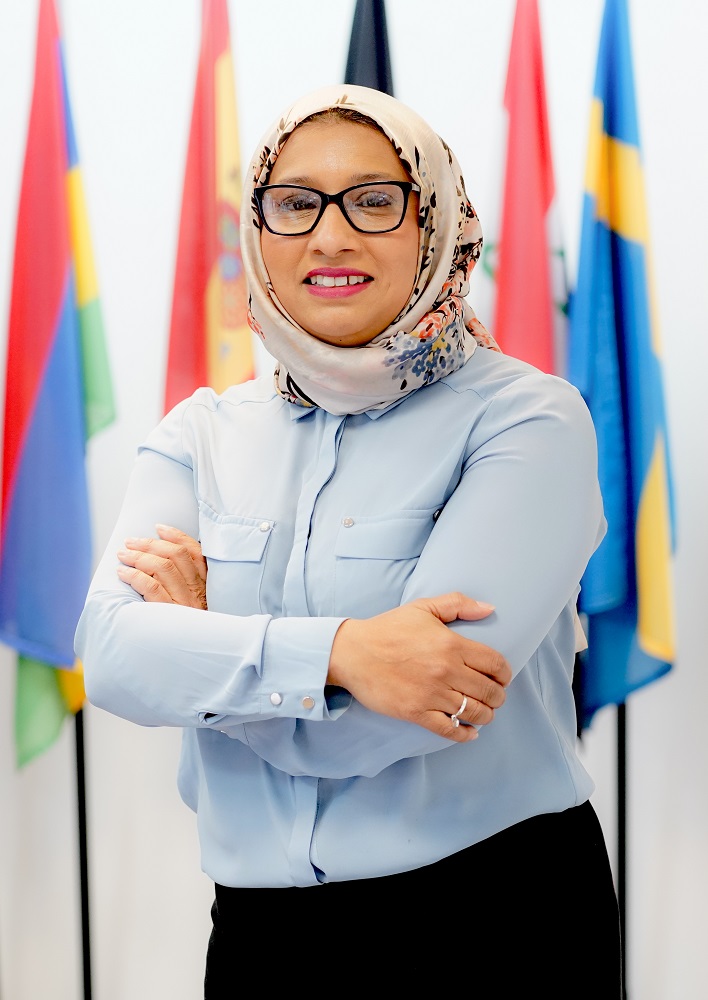
Every morning after fajr (dawn) prayer, I pray for hope.
I pray for peace for a world that will be different for our children. For a world where we no longer see colour and only see humanity.
We’re at a very critical juncture. We’re at a crossroads when it comes to the crucial intersecting issues of faith, gender and human rights.
The world today is rapidly changing. It’s more globalised than ever before.
Gender norms and practices are (now) shaped and influenced not only by tradition and culture but also by many other factors. Changes in technology, macro-economic development, climate change and global politics all have an impact.
The overall gender gap is closing. However, it is closing painfully slowly.
Projecting current trends into the future, the World Economic Forum says it will take more than two centuries to close the economic gap between men and women. That’s 202 years to be precise. And a further 107 years to close the gap in political empowerment.
Do we really want to wait that long?
If we truly want a future of greater prosperity, equality and well-being, we cannot afford to carry on losing out on the skills, ideas and perspectives of half of humanity.
Women’s rights: Security, freedom and protection of life
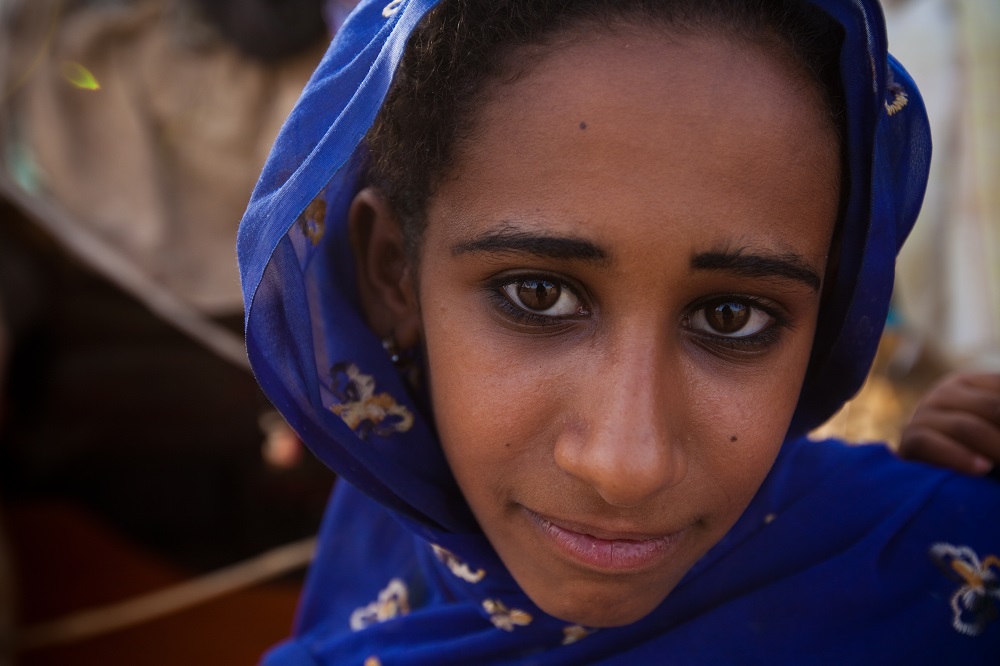
Security, freedom from fear and the protection of life are among the most fundamental human rights. Yet, these rights are denied to so many women and girls.
In a world where poor health services, unsafe drinking water, gender-based violence and high maternal mortality are so prevalent, these women’s rights are denied.
Improving and protecting the physical and mental health of both women and men is essential to reduce suffering. And yet health is just one area of gender inequality and injustice.
For years, women have struggled to gain equality in all areas of life. From the home to the workplace, in education, in the economy and especially in positions of leadership.
Worldwide, a staggering 796 million people cannot read and write. Two-thirds are women.
Under a quarter of national parliamentarians are women. And over 2.7 million women are by law restricted from having the same choice of jobs as men. That’s on top of a gender wage gap of 23%, where women get paid less than their male counterparts for exactly the same work.
This is without taking into consideration the unpaid domestic work that women are (disproportionately and often solely) burdened with.
In too many places, women are still treated as second-class citizens. Forced into trafficking, prostitution and under-age marriage, discriminated against, beaten, mutilated and murdered.
Denied opportunities to learn, study and work, women are denied opportunities to enjoy their fundamental human rights. Across the board – regardless of religion race – women and girls continue to remain most vulnerable to the extremes of poverty, hunger and exploitation.
This is true for all continents, including Muslim countries and communities. For women of colour, these discrepancies are even larger.
Islamic Relief: Declaring gender justice
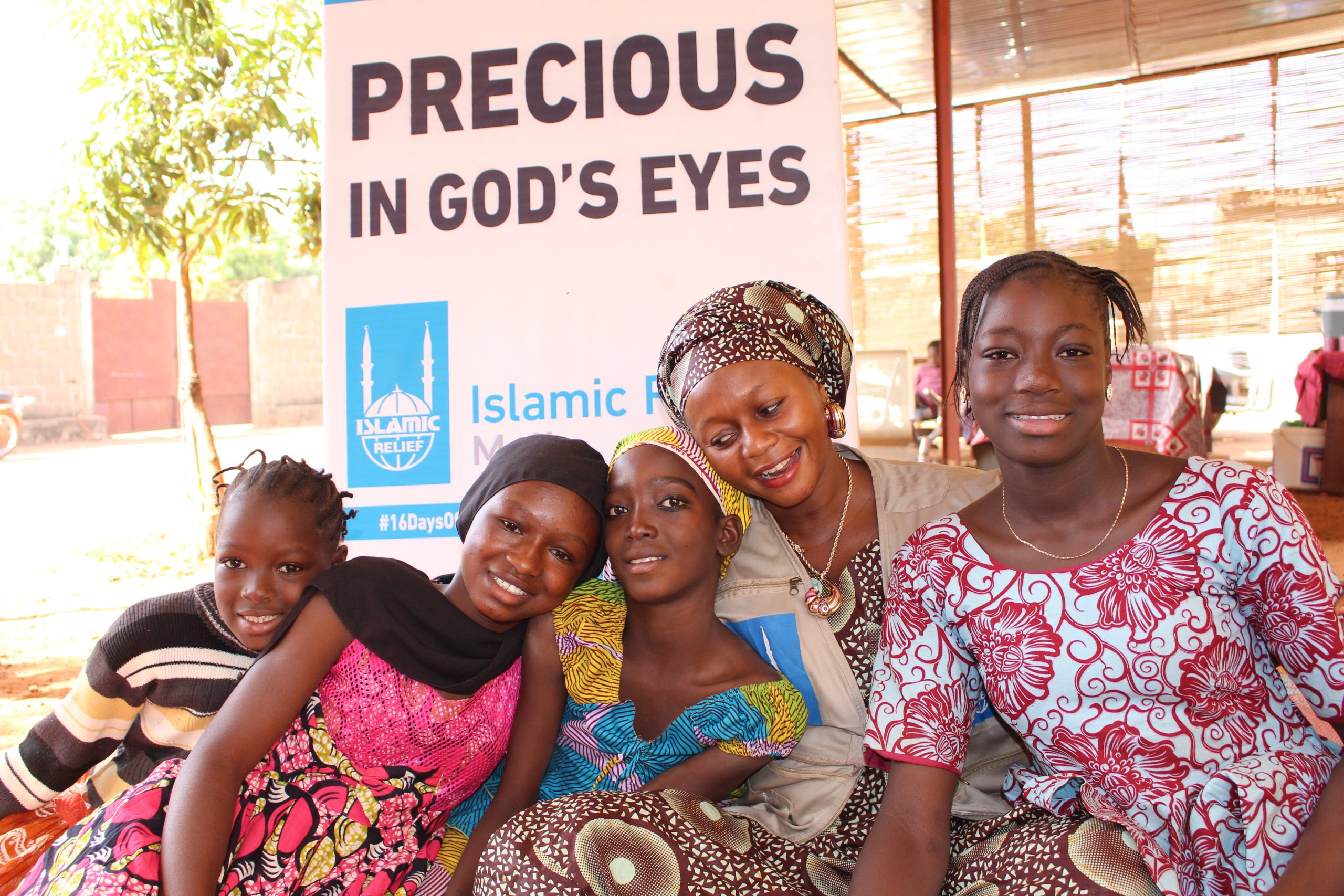
One of the most challenging issues we face in the Muslim world is harmful cultural practices masquerading as religious doctrines.
This has affected our communities, the way we treat women and girls and the way in which we do or don’t hold men accountable. It has also affected the participation of women in decision making and contributed to casual discrimination and sexism against women and girls in many parts of society.
The cultural misappropriation and abuse of faith to support the mistreatment of women has to stop.
Here at Islamic Relief, we’re determined to put women’s rights at the heart of all that we do.
That is why we have created the Islamic Gender Justice Declaration. We want to provide a global platform that brings a fresh Muslim perspective to the debate and helps to facilitate and accelerate change.
We recognise and value how women of faith have historically played a pivotal role in challenging gender inequality. They continue to defy stereotypes in politics, the workplace and places of worship.
These inspirational women and the injustice they face every day demand that we take gender issues much more seriously.
Moving forward: Recognising the challenges
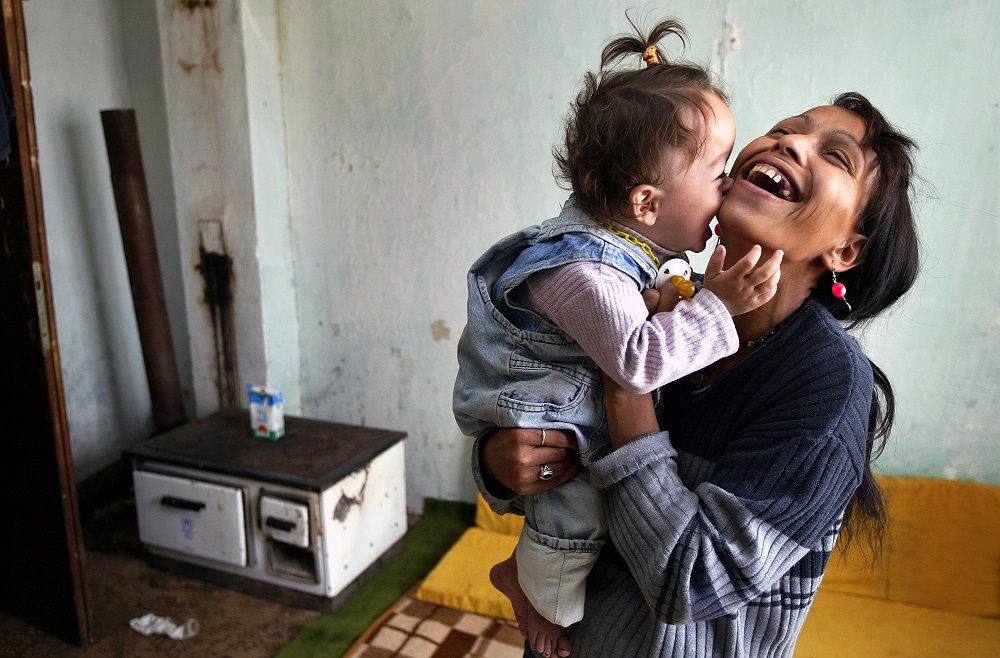
As people of faith, we will not remain silent when the rollback on gender equality threatens the progress we have already made. We will not stand by whilst those achievements that have yet to be put into place.
Our main goal is undoubtedly an ambitious one. We’re working to advocate for the vulnerable in our society by changing the narrative around Islam and gender justice.
We are seeking to affirm and advance the rights of women and girls by applying a new religious literacy in a Muslim context. We want to make it crystal clear that women’s equality and faith are not inconsistent with one another.
In this challenging context, we are fully aware that it takes time to create significant change. However, for gender justice to become a reality, we need to build a framework that can really challenge the deep-rooted social norms that can be found in all of our communities.
Over the past couple of years, we’ve therefore worked hard with others to develop the declaration. And this is the first Islamic initiative of its kind.
To develop this framework underpinning women’s rights, we brought together representatives from across society. This included both women and men, faith leaders, women’s organisations, UN bodies, humanitarian agencies, academics and people of all ages and many different backgrounds.
We’ve listened and we’ve learned. We’ve since gained a better understanding of the critical work that is needed to tackle gender injustice around the world. We’ve developed an understanding of how we can tap into the field of faith to make a positive difference.
Taking action: Creating collective change
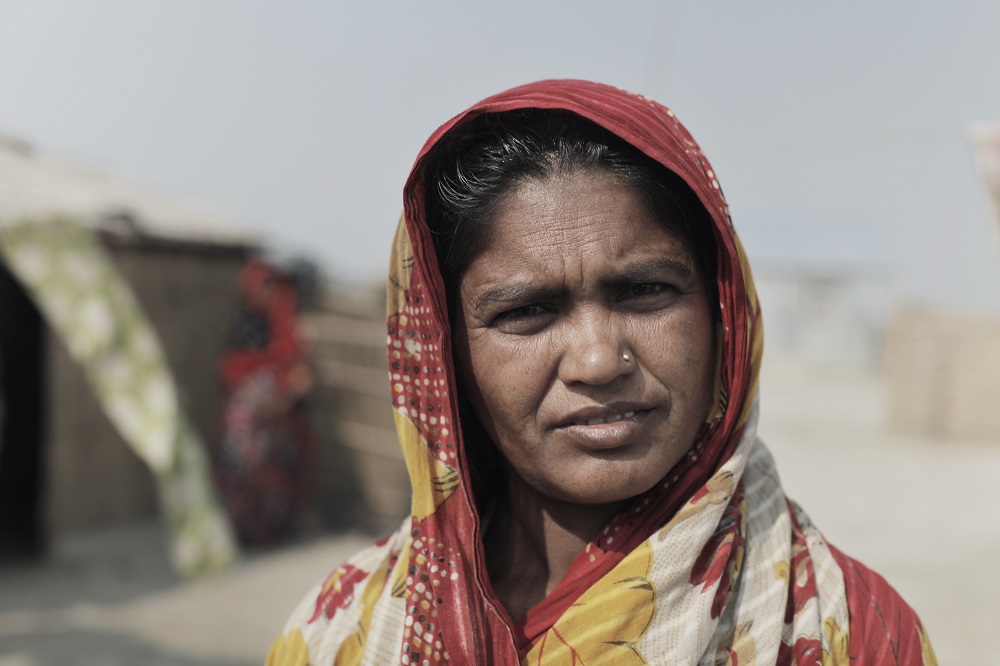
Our goal is to work together as a collective to advocate for equality. We therefore believe that the Gender Justice Declaration will prove to be an important step on this long path towards ensuring women’s and girls’ safety, security and freedom from inequality and justice.
As an organisation, we’re making a bold commitment to challenge gender injustice and its devastating impact on our communities. However, we cannot even begin to do this alone.
We can certainly draw hope from how far we have come in the last two centuries. However, so many of the gains we have made are so fragile.
In so many places across the world, there is entrenched opposition to equality and a brutal backlash against women and girls.
As faith communities, we therefore need to come together and strengthen our collective voice. This needs to be voice that says that the plague of injustice that has infiltrated our homes, our communities, our religious institutions, our schools and our politics has no place in our world.
The Islamic Gender Justice Declaration represents a unique opportunity to join forces, support communities and exchange experiences and ideas. It enables us to learn from each other and to develop understanding through mutual cooperation.
Support us and let’s make the world a better and more equal place for both women and men to live in.
Take the first step towards changing the narrative and stand for gender justice. Help raise crucial awareness in your community by pledging to deliver a khutbah at your local mosque or community centre.
The change starts here. Take action today.
To find out more about our work advocating for gender equality and the Islamic Gender Justice Declaration, please contact Shahin Ashraf at: [email protected].










